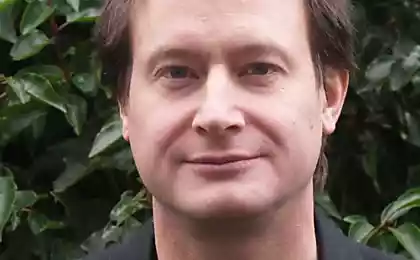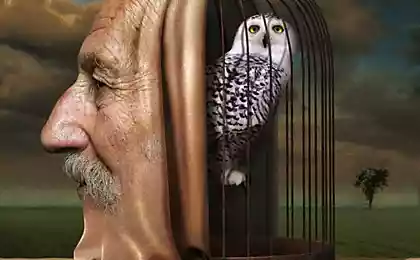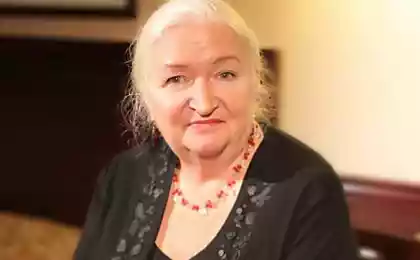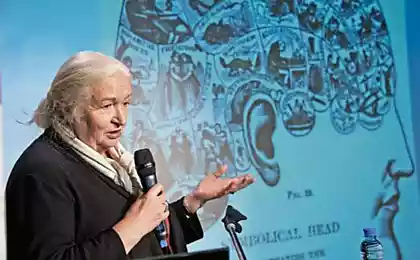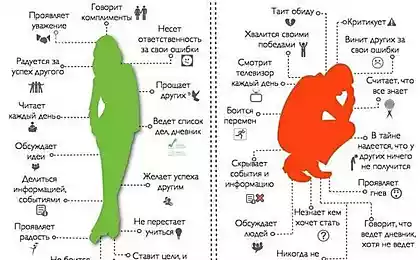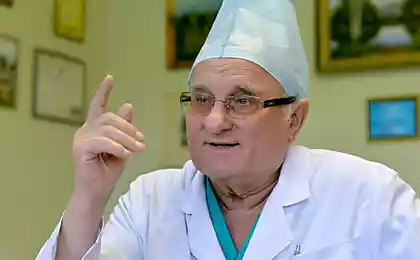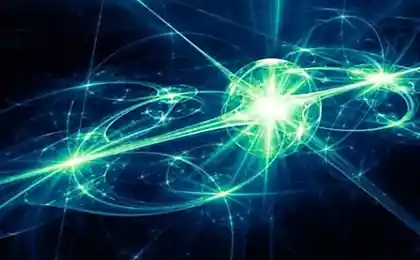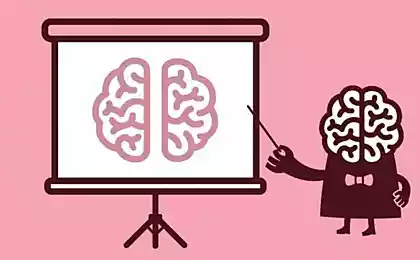188
How ordinary people become heroes: the incredible stories of an ordinary day

Heroes do not always wear capes and save the world from global catastrophes. Most often, these are ordinary people who at the decisive moment show courage and dedication. Their stories are inspiring, showing that each of us is capable of doing things that change the lives of others.

Real cases of ordinary people saving others
History is full of examples of ordinary people doing heroic things:
- The bus driver in New York A woman was about to jump off a bridge. He stopped the bus and, risking his own safety, approached her and managed to dissuade her from taking the fatal step.
- Japanese teenager During the flood, he saved several neighbors by transporting them on a homemade raft, which he built from improvised materials.
- A resident of a small town in Russia She organized a volunteer movement to search for missing children after she faced a similar situation in her family.
These stories show that heroism does not depend on profession, age or status. It is important not to remain indifferent and act when necessary.
What Happens in the Brain During a Heroic Act
Scientists have long wondered what causes people to risk themselves for others. Neurobiological studies show that at the time of making a decision about a heroic act, certain areas associated with empathy and social connections are activated in the brain.
Dr. Anna Petrova, a neuropsychologist, explains:
“When a person sees another in distress, they have increased activity in the amygdala and prefrontal cortex of the brain. This elicits a strong emotional response and encourages action, even if it involves risk. ?
In addition, levels of hormones such as oxytocin and dopamine rise, enhancing feelings of connection with others and satisfaction from helping.
How to develop the ability to help others
Heroism is not an innate quality, but a skill that can be developed.
- Practice empathy: Try to understand the feelings and experiences of other people. This will help you respond more quickly when you need help.
- Develop confidence: Participate in first aid or self-defense training. Knowing that you are capable of acting will give you confidence.
- Be careful: Pay attention to those around you. Noticing small details, you will be able to recognize the problem in time.
- Decide to help: Moral willingness to help plays a key role. Decide in advance that you will not remain indifferent.
- Talk to inspiring people: Our environment influences our actions. Communicating with those who actively help others encourages you to do the same.
Stories of child heroes who inspire
Children often show amazing courage and kindness despite their young age.
- Thomas, 8 years old: He noticed a fire in the house of neighbors and immediately called the fire service, saving the family from trouble.
- Maya, age 10: She organized a charity fundraiser for a sick classmate, drawing the attention of the whole school to his problem.
- Ilya, 12 years old: While resting at sea, he saved a drowning child, acting quickly and decisively.
These stories confirm that age is not a barrier to heroism. Children often act sincerely and without hesitation, setting an example for adults.
How small feats are changing the world around us
Not every action makes the news, but even small actions can have a significant impact.
- Helping an elderly person Crossing the road can make his day better and bring back faith in the goodness of people.
- Participation in volunteer projects It helps to solve real problems of society, whether it is cleaning parks or helping homeless animals.
- Supporting a friend in a difficult time It can prevent serious consequences and strengthen relationships.
Small feats performed daily add up to a bigger picture, making our world kinder and safer.
Conclusion
Heroism is available to all of us. It's not about superpowers or unique talents, it's about being willing to act for others. Inspired by the stories of ordinary people who became heroes, we can find the strength and motivation to do good deeds. These are the things that make up true humanity.
Heroes are those who do what they can, where they are, with what they have. - Theodore Roosevelt.
Invisible Helpers: The Microbes That Make Us Better
The Secret Power of Kindness: How One Action Can Change Hundreds of Lives








